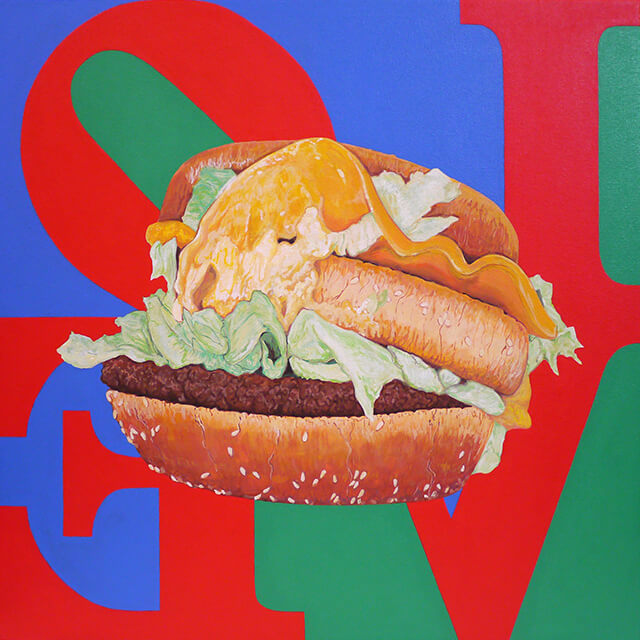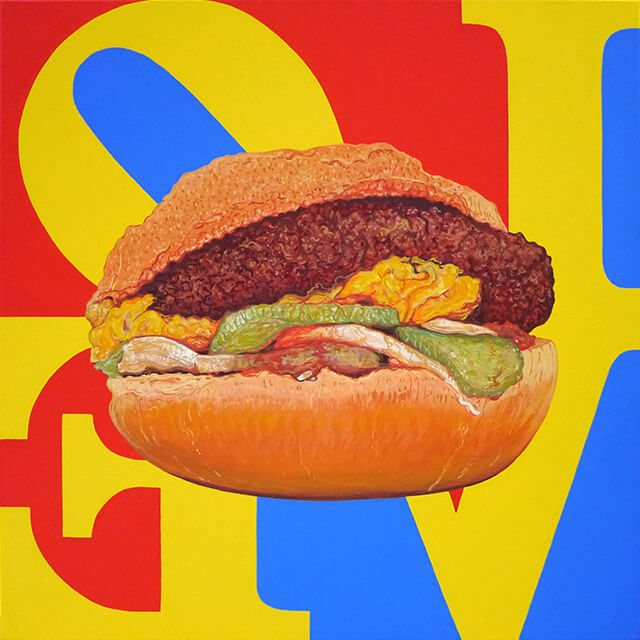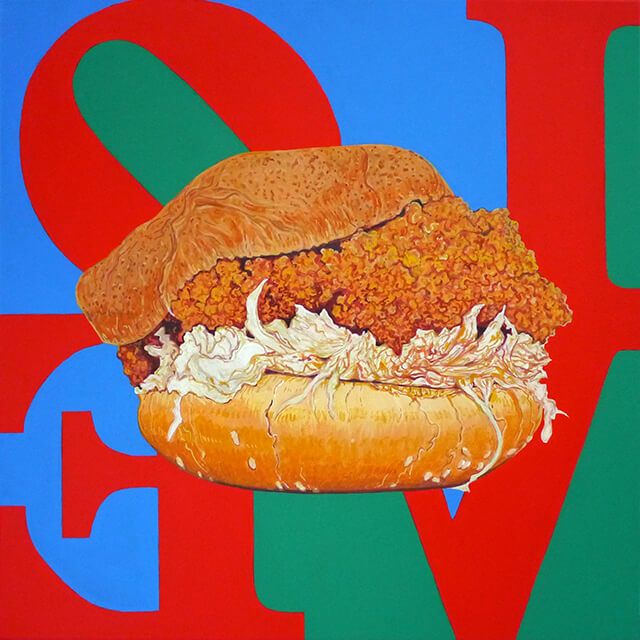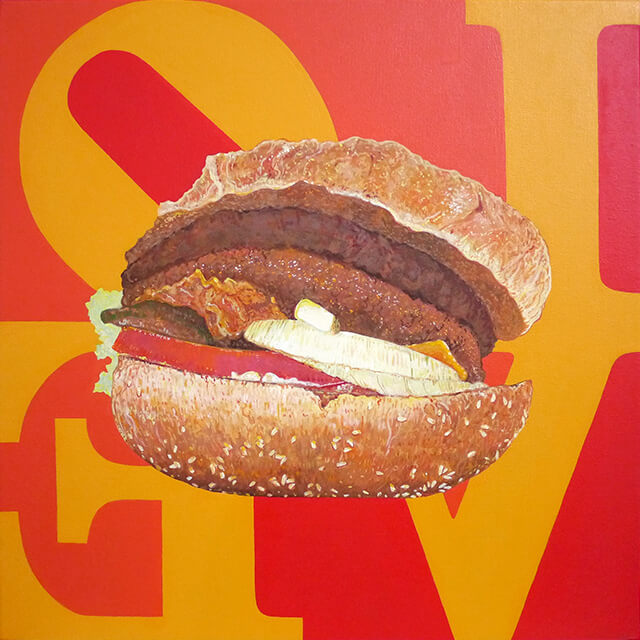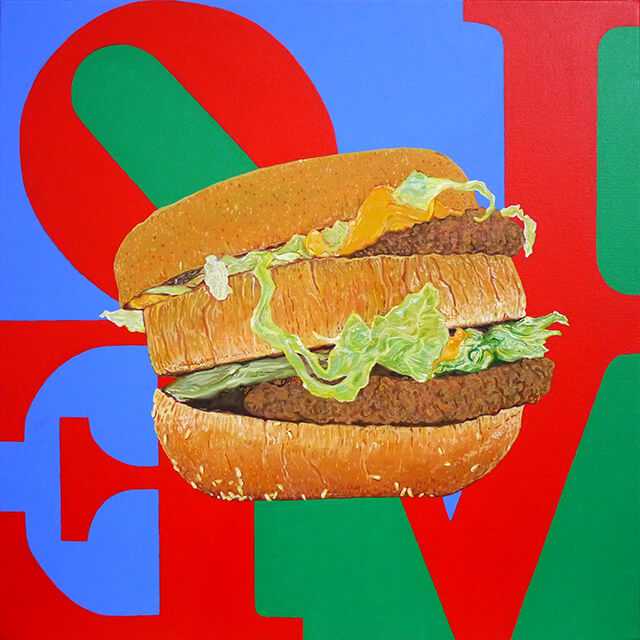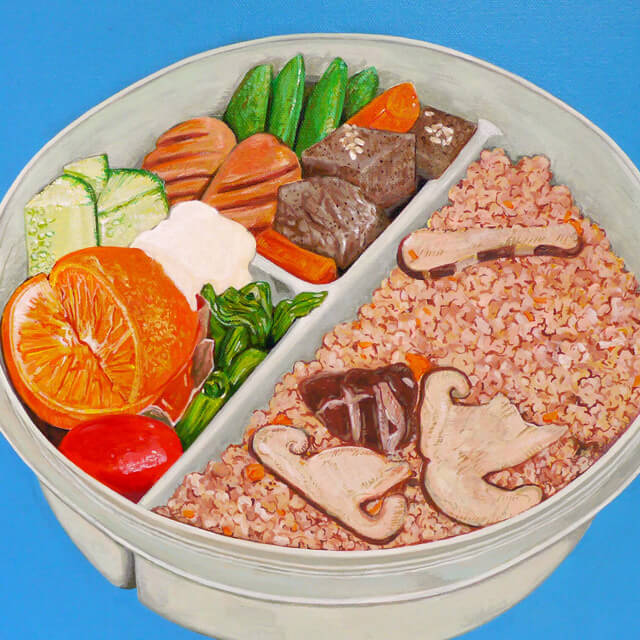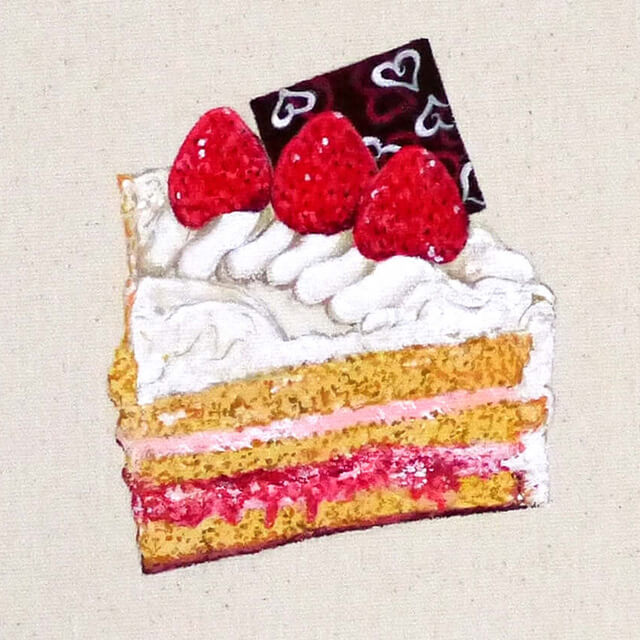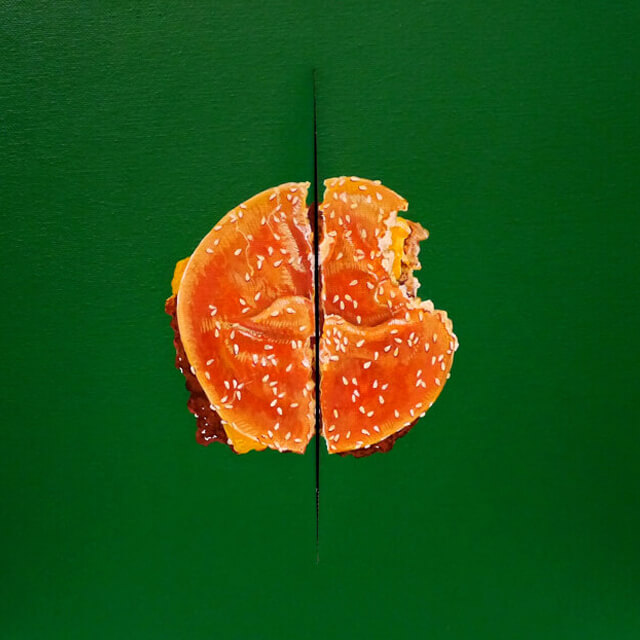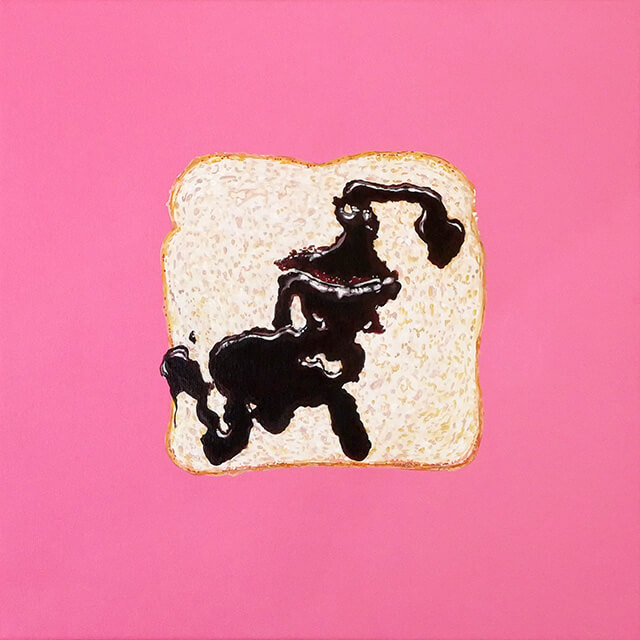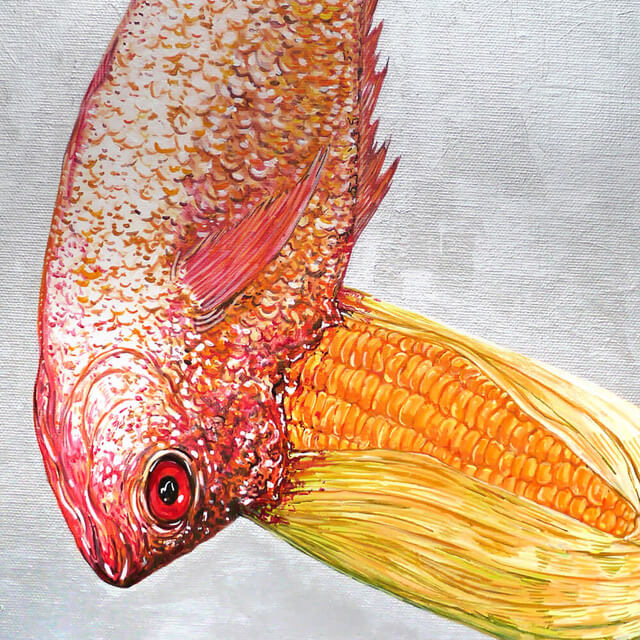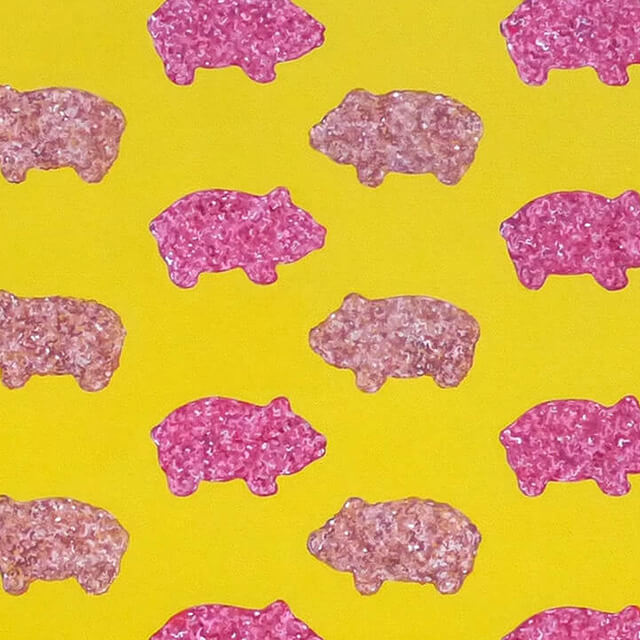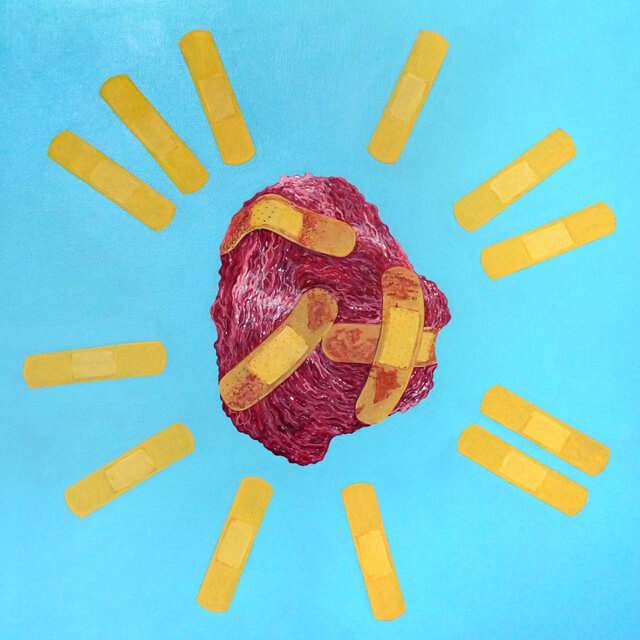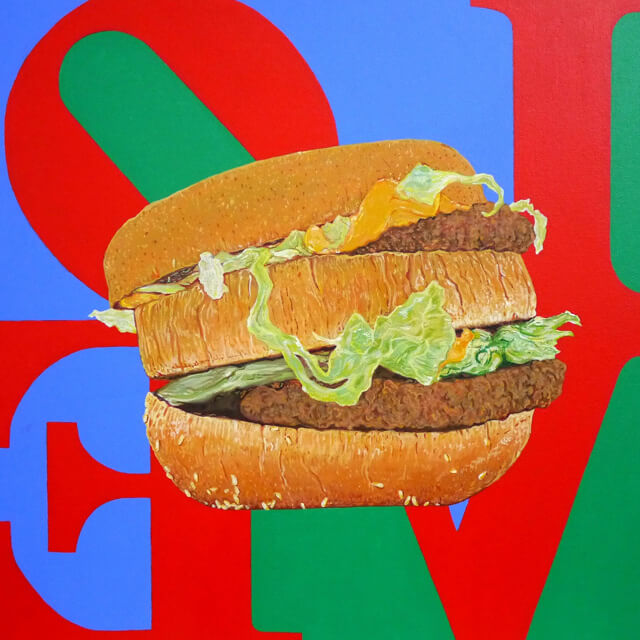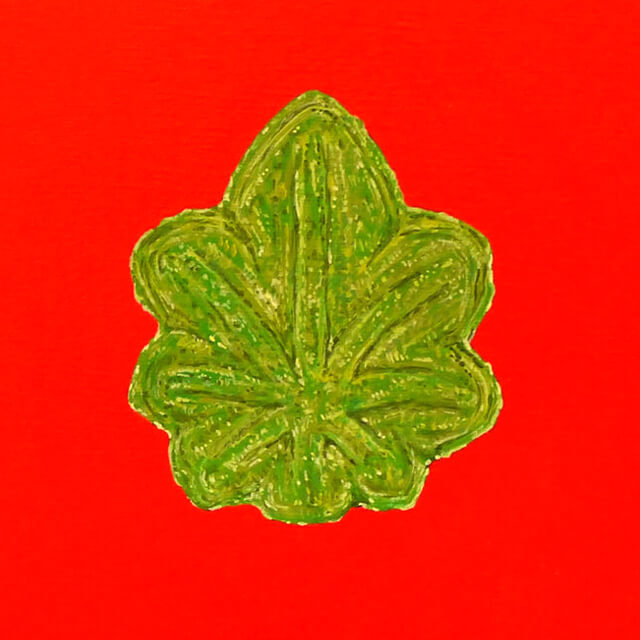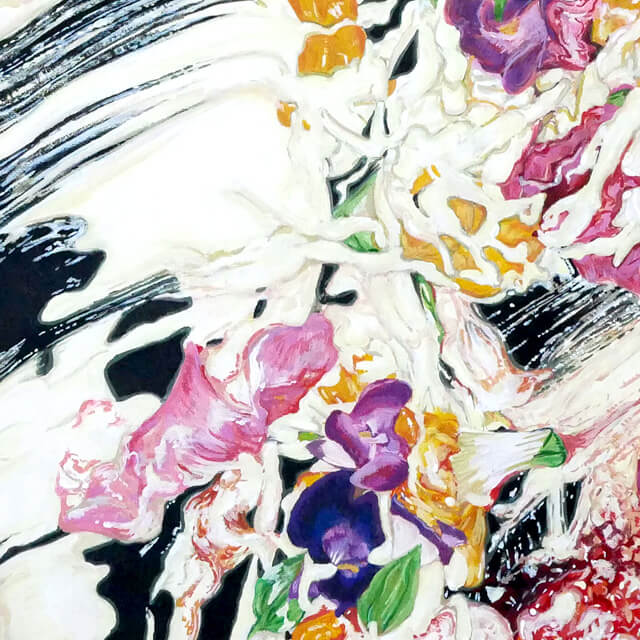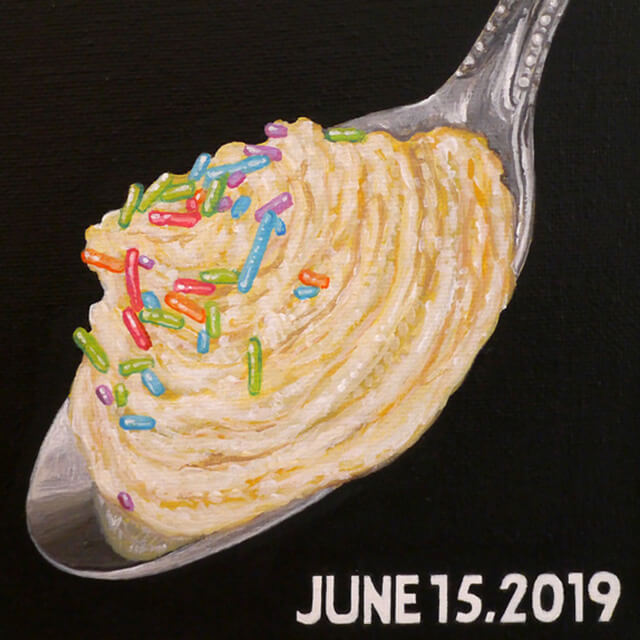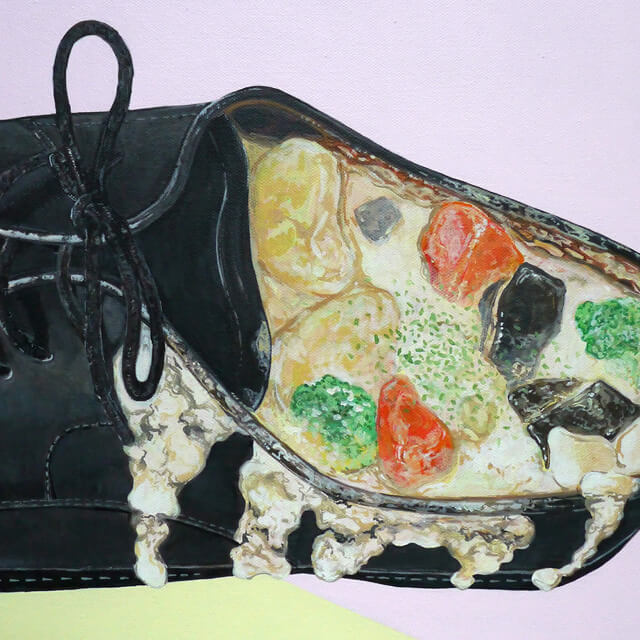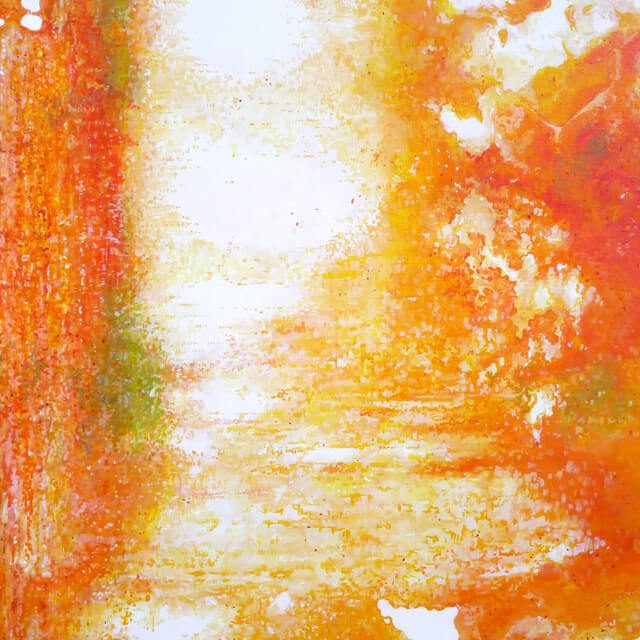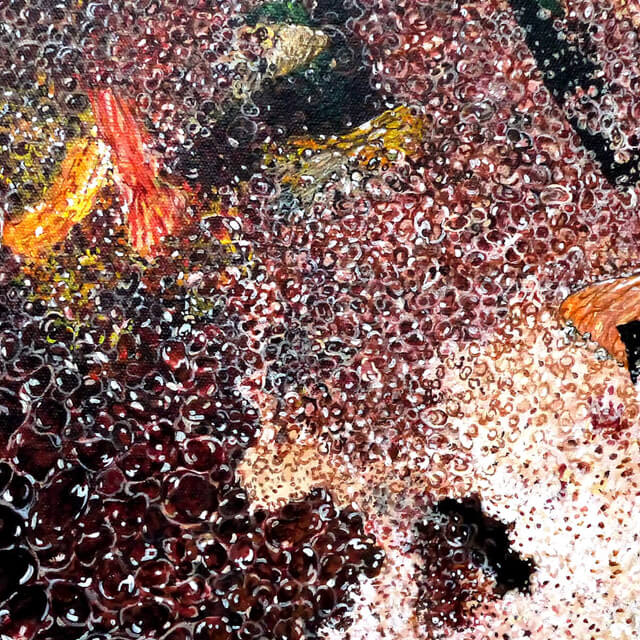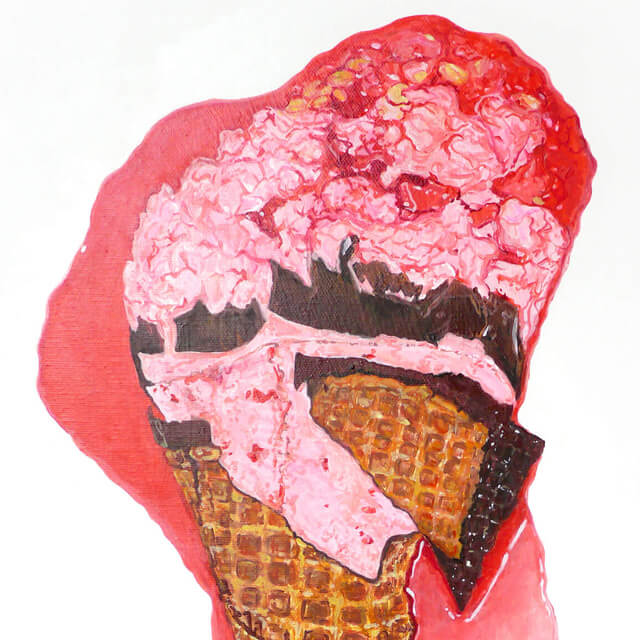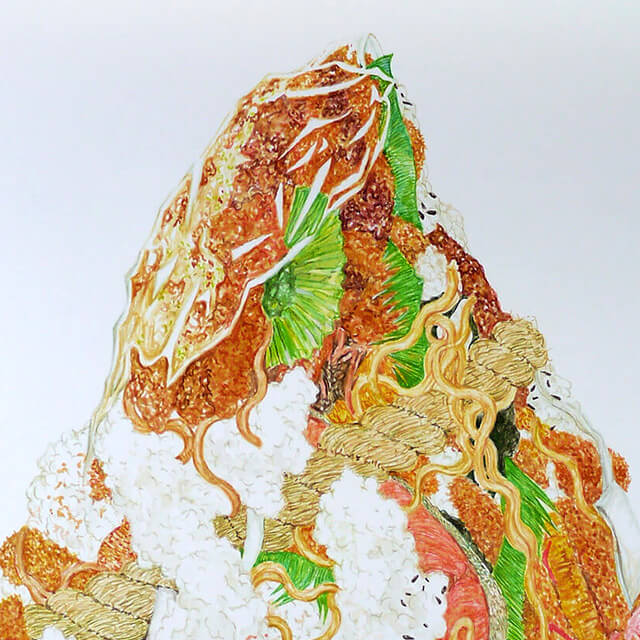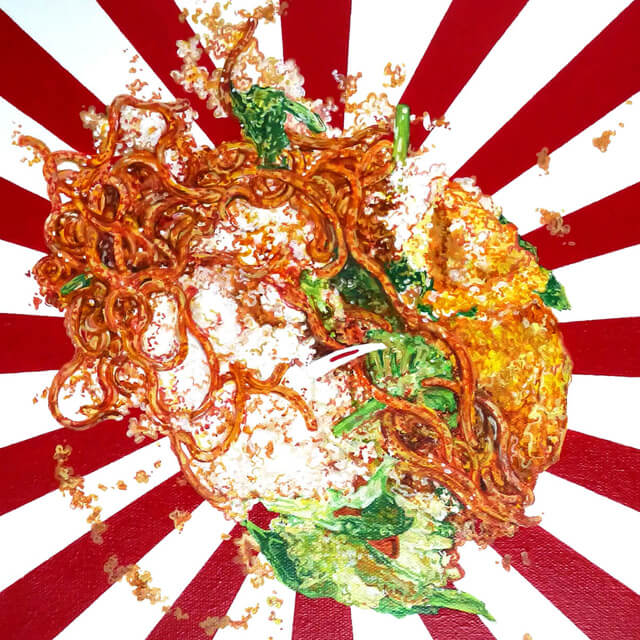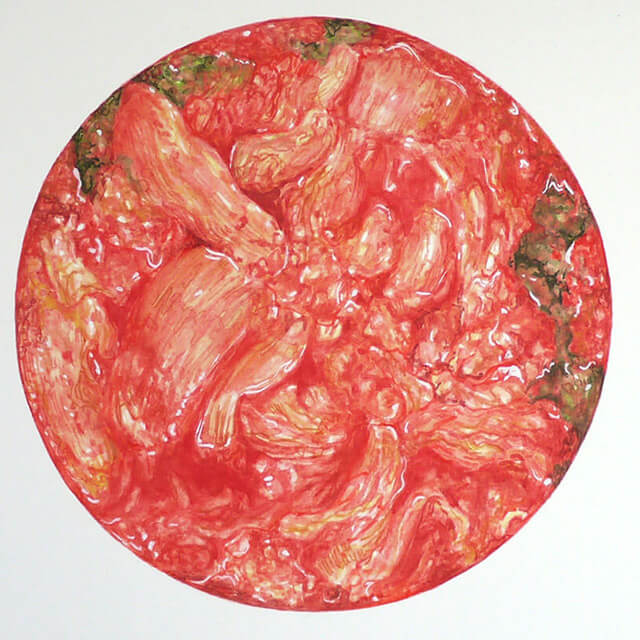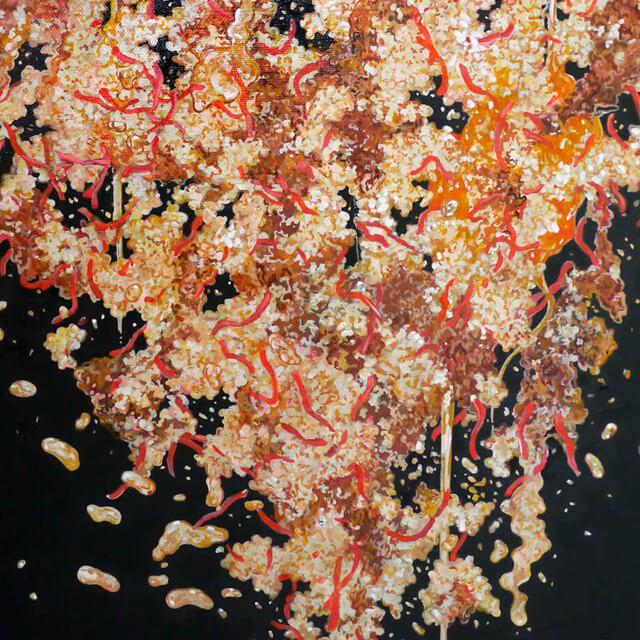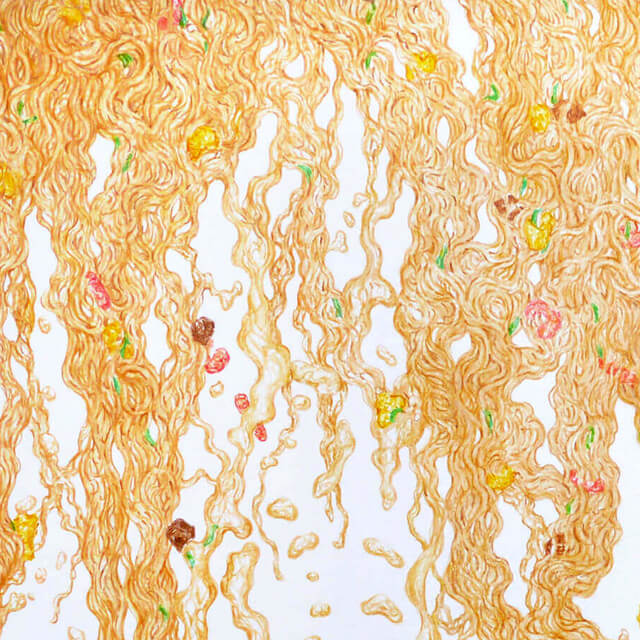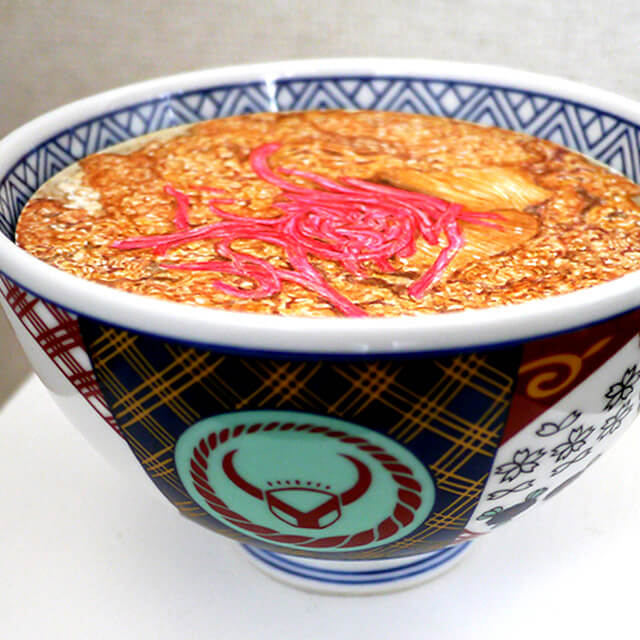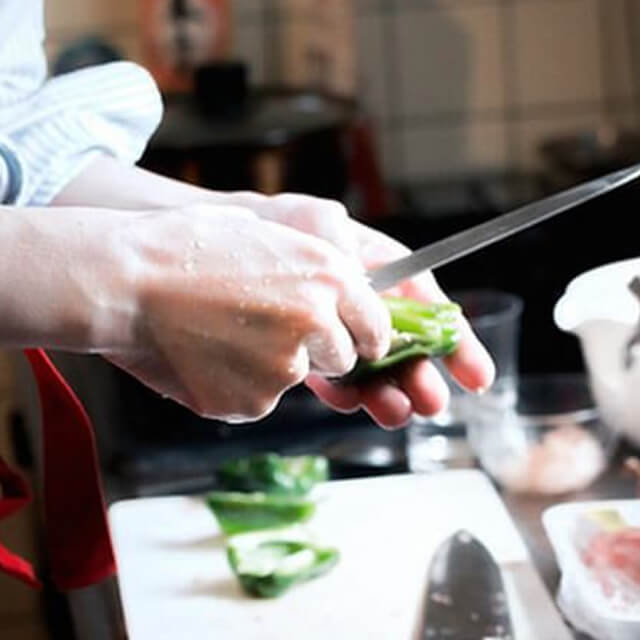Concept behind the "I Love USA" Series
For Japanese people, August is filled with memories of the war. TV specials about the atomic bomb, the end of the war, and the peace ceremony held in Hiroshima air throughout the country. Born and raised in Hiroshima, I've heard stories about the war since childhood. My grandfather escaped the actual bombing, but he could hear the sound of the atomic bomb falling. Because of these influences, the United States has always been central to my musings about the last world war.
This series examines what war means to Japanese people, and further what “America” means to them, and in so doing calls attention to the phenomenon of the so-called “language of the enemy.” During the war, the use of English was prohibited in Japan as the "language of the enemy." For example, in baseball, the word 'yoshi' (good) was used for a strike, and 'dame' (no good) for a ball. It should be noted that these things and actions themselves were not prohibited, and the approval of them rested solely on a change of language.
In the end, hasn’t Japan been in love with America since the war? However, this is a distorted emotion, which is precisely why a ridiculous interpretation like "language of the enemy" was necessary. Emulating this inversion, if I take the hamburger, the food that epitomizes America, and simply turn it upside down, suddenly it is no longer something from a despised enemy nation but is transformed into something entirely different and desirable. Isn't this the same sort of absurd interpretation that Japan once employed? Of course, at the same time, we must also consider the fact that it was a serious interpretation which put 100 million lives at risk. (August 15th 2018 / war-end anniversary in Japan)







